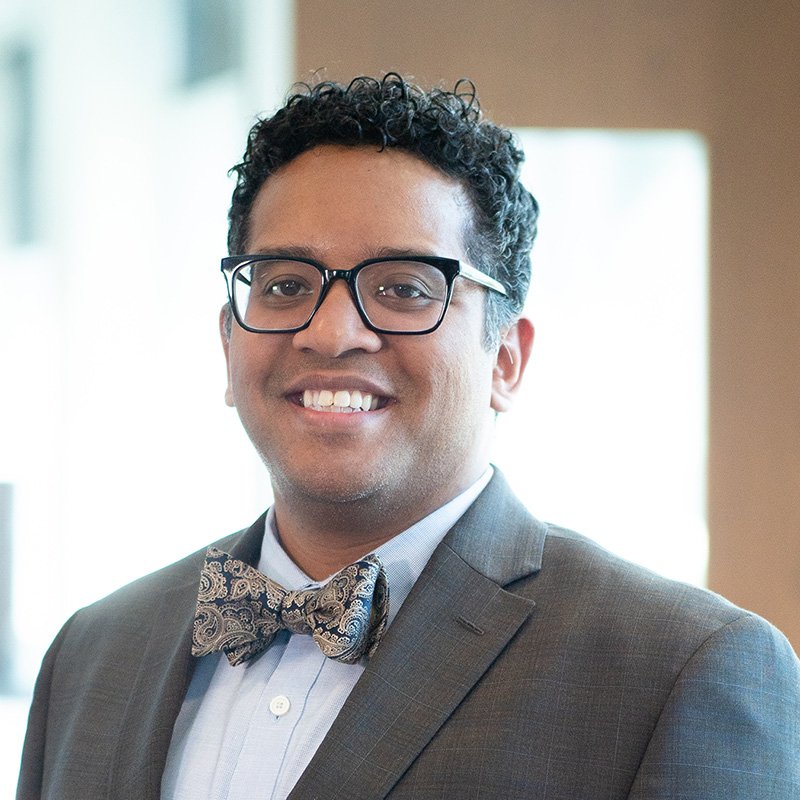Mentorship and sponsorship are key
In a noteworthy report addressing the challenges faced nationwide by current and future physicians who are underrepresented in medicine, clinician-scientists from Regenstrief Institute, Indiana University School of Medicine and University of Washington School of Medicine discuss a leaky career pipeline and highlight enhancing mentorship and sponsorship relationships as critical to improving diversity, equity and inclusion (DEI) and professional success.
The authors identify women of any race or ethnicity, individuals identifying as Black, indigenous, or people of color, those identifying as lesbian, gay, bisexual, transgender, queer/questioning, plus (LGBTQ+), and those with disabilities as individuals underrepresented in medicine, especially surgery.
The report calls for conscious action to address and confront bias in mentorship and sponsorship experiences of those underrepresented in medicine. The authors provide a practical framework to foster mentor and sponsor relationships aimed at building leaders among those who are underrepresented in medicine. This should begin with an understanding by non-minority leaders of the inequities and discrimination challenges faced by physicians underrepresented in medicine.
A mentor guides a mentee on skill and career development and offers advice. A sponsor uses personal influence to advocate for the protégé’s career advancement. Mentorship and sponsorship may overlap, and mentors can become sponsors. The report said both relationships should be based on trust, respect, open communication and commitment to advancing the junior person’s career.
“All physicians are busier than ever with COVID but we cannot be unaware of nor ignore the challenges faced by physicians historically unrepresented in medicine. Apathy has severe consequences which we cannot afford,” said report author Regenstrief Institute Research Scientist Andrew Gonzalez, M.D., J.D., MPH, an IU School of Medicine assistant professor of surgery. “Non-minority in medicine leaders need greater awareness and understanding of the inequities and discrimination challenges faced by those who are underrepresented in medicine.” Dr. Gonzalez is the associate director for data science of Regenstrief Institute’s Center for Health Services Research.
“Most minorities in medicine are well versed in understanding the hardships of majority physicians because it is the prevailing narrative of medicine,” he added. “The reverse is not true. We all need to work on that knowledge gap.”
“Understanding and finding opportunities for inclusive mentorship and sponsorships in vascular surgery” is published in the Journal of Vascular Surgery. The report was prepared under the auspices of the Society of Vascular Surgery’s Diversity, Equity and Inclusion Committee.
Authors of the report, in addition to Dr. Gonzalez, are Elina Quiroga, MD, MPH; Karina Newhall, MD, MS; and Sherene Shalhub, MD, MPH, of the University of Washington School of Medicine. All four authors are vascular surgeons. They conclude that honest and direct dialog addressing inequities is needed to fully grasp the situation of underrepresented in medicine physicians and help them achieve their goals.
About Andrew Gonzalez, M.D., J.D., MPH
In addition to his roles as research scientist and the inaugural associate director for data science in the Center for Health Services Research at Regenstrief Institute, Andrew Gonzalez, M.D., J.D., MPH, is an assistant professor of surgery at Indiana University School of Medicine. He was selected as the 2021-2023 National Academy of Medicine (NAM) Omenn Fellow.
About Regenstrief Institute
Founded in 1969 in Indianapolis, the Regenstrief Institute is a local, national and global leader dedicated to a world where better information empowers people to end disease and realize true health. A key research partner to Indiana University, Regenstrief and its research scientists are responsible for a growing number of major healthcare innovations and studies. Examples range from the development of global health information technology standards that enable the use and interoperability of electronic health records to improving patient-physician communications, to creating models of care that inform practice and improve the lives of patients around the globe.
Sam Regenstrief, a nationally successful entrepreneur from Connersville, Indiana, founded the institute with the goal of making healthcare more efficient and accessible for everyone. His vision continues to guide the institute’s research mission.
About IU School of Medicine
IU School of Medicine is the largest medical school in the U.S. and is annually ranked among the top medical schools in the nation by U.S. News & World Report. The school offers high-quality medical education, access to leading medical research and rich campus life in nine Indiana cities, including rural and urban locations consistently recognized for livability.









